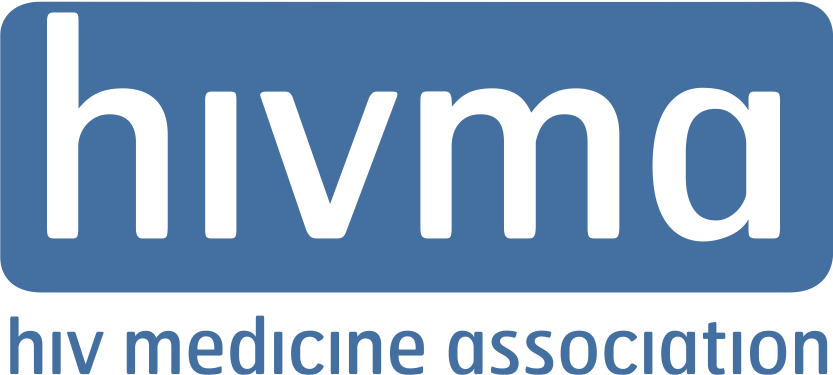07/02/2018
NEWS RELEASE
Senate appropriators last Friday released a bill for the coming year that repudiates both White House proposals for draconian cuts to essential public health and research programs, and a House proposal to eliminate critically needed family planning programs, important steps in addressing the unprecedented and evolving health threats we will face in 2019. However, in a time of new challenges we have yet to address, it still falls short of arising needs --- including from the opioid crisis, and threats to the Affordable Care Act -- with largely flat funding.
At the same time the legislation includes provisions that reflect priorities HIVMA has urged. The bill includes a $5 million allocation to the U.S. Centers for Disease Control and Prevention’s National Center for HIV/AIDS, Viral Hepatitis, STD, and TB Prevention to improve surveillance, treatment, and education efforts around HIV, hepatitis B and C related to the ongoing opioid crisis. At the same time, this effort will require more. HIVMA has urged, and will continue to urge Congress to allocate at least $40 million to CDC to address the infectious diseases consequences of the opioid epidemic.
The bill also includes a $225 million increase to the National Institute of Allergy and Infectious Diseases, and overall $2 billion increase to NIH. Importantly, the bill calls upon the National Institute of Allergy and Infectious Diseases to collaborate with the National Institute on Drug Abuse, National Heart Lung and Blood Institute, National Institute of Child Health and Human Development, and National Institute on Minority Health and Health Disparities to expand research and implementation science on opioid-related infectious diseases including HIV, viral hepatitis, and bacterial infections that include endocarditis, barriers to care, treatment for justice-involved individuals and rural populations.
In contrast to the House’s Labor, Health and Human Services, Education and Related Agencies funding bill, which awaits consideration by the full committee, the Senate does not eliminate Title X program or the Department of Health and Human Resources Teen Pregnancy Prevention Program, both of which play pivotal roles in HIV and other public health responses. The bill also does not cut funding for HRSA’s Bureau of Primary Health Care, critically needed now, or explicitly prohibit federal funds to operate supervised consumption facilities – important to reducing harm from the current opioid crisis -- as the House bill does. HIVMA will continue to urge Congress to take the Senate’s recommendations on these provisions.
The Senate bill also rejected the president’s proposed cuts to HRSA’s Ryan White HIV/AIDS Program and for the Secretary’s Minority AIDS Initiative, and that indicates recognition of these program’s contributions to our national public health. After several years of flat funding for the Ryan White Program, however, increasing the program’s funding will be necessary to meet the demand for HIV care that has increased in part due to nationwide substance use and sexually transmitted diseases epidemics.
We will urge Congress to advance a bill that will fund these programs at the highest possible levels and to sustain funding for women’s health and family planning, to enhance our ability to prevent and treat HIV and other public health threats and to sustain the possibility of ending the HIV epidemic.

